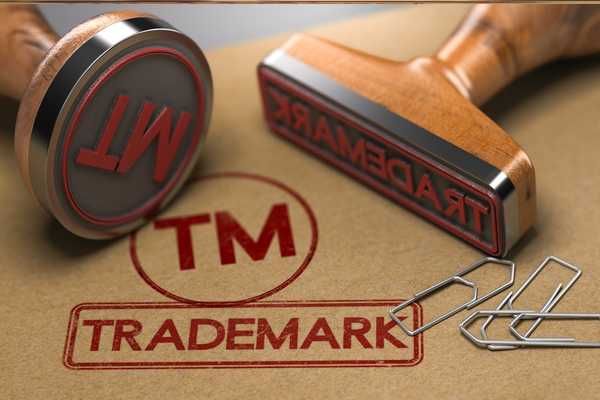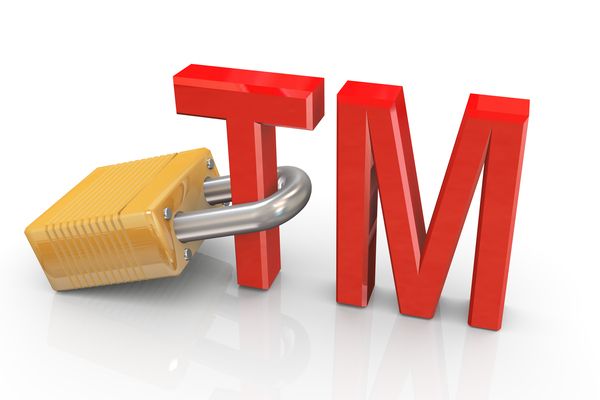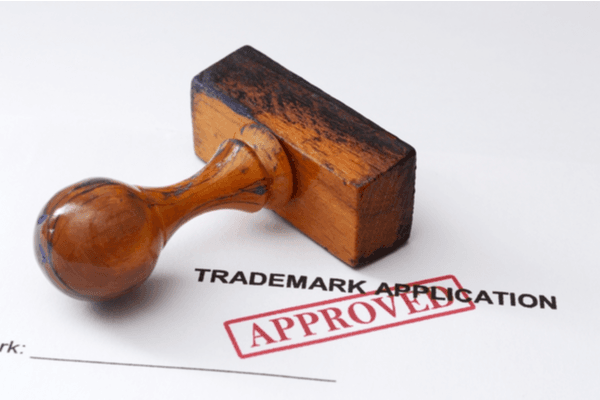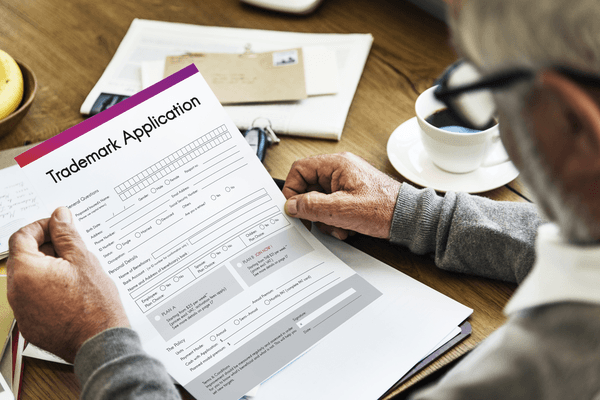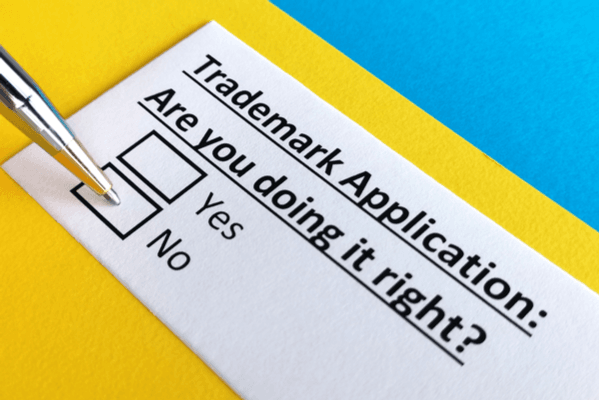How to File for Joint Ownership in a Trademark
Understand the benefits, risks, and responsibilities of trademark joint ownership before applying your goods or services jointly with the USTPO.


When more than one company or person applies together for a trademark registration, they’re considered joint owners. In the U.S., joint owners are accepted under trademark law. Joint ownership is when the two parties are actively involved in a trademark's use in a trade.
An examining lawyer inspects the registration application before accepting it. The lawyer carefully checks that the trademark and the companies using the trademark are owned by distinct parties jointly that can't be identified in any other way.
The examining lawyer must verify that the parties are not mislabeled as joint owners when they are members of a joint venture, partnership, or part of the trading entity. This inquiry is only essential when the application doesn't identify the applicants for joint ownership of the trademark. The application must have the applicants' relevant data and signatures.
What Is a Jointly-Owned Trademark?
Joint ownership of a trademark is where two or more parties own a trademark. This kind of ownership comes into play when two or more people have an equal right over property or products.
When two or more parties come together to offer similar goods or services, they can apply for the joint ownership of the services provided. Thus, if two legal entities collaborate as trademark proprietors, they are known as joint owners of the trademark.
The Objectives of a Jointly-Owned Trademark
According to the USPTO, both entities share joint ownership of the trademark equally. Thus, the safety of the business's intellectual property and the customer's security in the joint trademark requires a single source of the goods or services.
The joint ownership of a trademark can be granted only if the owners have joint authority over the goods or services' quality and nature.
There are various reasons for the trade owners to file for joint ownership of a trademark. In a partnership or sole proprietorship with co-owners, each partner may wish to possess rights over the trademark. A distributor and a manufacturer can also jointly own a trademark.
All trade owners fill out and sign the trademark application and are held accountable for the trademark's integrity.
It's up to the involved owners to make a legal contract specifying joint ownership. Otherwise, in ownership related disputes, courts will look at various factors to decide ownership, including:
Which party is managing the trademark quality
Which party has first use and creation rights for the trademark
Which party is considered the owner by customers
Which party displays with the trademark on marketing and packaging materials' business name
Which party pays for advertising
asdf
One alternative most trade owners select for joint trademark ownership is to create a distinct legal entity for the trademark. By creating an LLC (Limited Liability Company), the joint owners can apply for a trademark under the business, which will make the trademark a part of the business.
Advantages and Disadvantages of Jointly-Owned Trademarks
Advantages
Having joint ownership of a trademark has significant advantages, and that's why organizations come together for joint marketing, trading, and manufacturing of the products or services. Legally, the owners of a joint trademark should offer goods and services identical to one another. In most ways, joint ownership of a trademark is the cognitive property equivalent of a partnership.
The general partners have joint responsibility for their actions and are empowered to act in the partnership name under the default law. Similarly, a trademark's joint ownership empowers every owner to use the trademark in its total capacity. Joint trademark ownership prevents disputes about ownership between distributors and manufacturers for its product.
Disadvantages
Joint ownership can mess up transferability. It can potentially interfere with the licensing of the trademark. Joint ownership can impact the trademark functionality and result in devastating legal disputes.
Filing Process for a Jointly-Owned Trademark
A joint ownership trademark contract must establish and recognize the owners of the trademark. An official representative of the joint venture can file for the trademark online in the owners' name. The representative should specify all products to be covered by the trademark within the defined locations.
The first step for filing the joint trademark is to click on the "Trademark Search" link at www.uspto.gov to begin searching the USPTO database and confirm that your present trademark is not already in use.
Next, launch the trademark application form on uspto.gov. You can choose a TEAS Form or TEAS Plus from the options. The TEAS Plus Form has many requirements given within the selection option window, then continues after choosing a selection.
Lastly, fill in all the details on the form relating to the trademark owner, description, and intended goods covered. Complete the process by paying the necessary fees by choosing your preferred payment option.
Expert Joint Registration Assistance
Joint registration of a trademark can be a tedious process, but Trademark Engine makes it easy and offers you everything you require, from filing, searching, and processing your trademark to monitoring your logo, brand, slogan, and name. We provide an affordable, fast, and simple method to safeguard your brand and the business. Register your joint ownership easily today!
Trademark Engine is not a law firm and none of the information on this website constitutes or is intended to convey legal advice. General information about the law is not the same as advice about the application of the law in a particular factual or legal situation. Individual facts and circumstances as well as legal principles including but not limited to the ones referenced on this website can affect the outcome of any given situation. Trademark Engine cannot and does not guarantee that an application will be approved by the USPTO, that a mark will be protected from infringement under common US trademark law, or that any ensuing litigation or dispute will lead to a favorable outcome. If you want or have an interest in obtaining legal advice with respect to a specific situation or set of circumstances, you should consult with the lawyer of your choice.
Trademarket Blog
Everything you need to know about starting your business.
Each and every one of our customers is assigned a personal Business Specialist. You have their direct phone number and email. Have questions? Just call your personal Business Specialist. No need to wait in a pool of phone calls.














